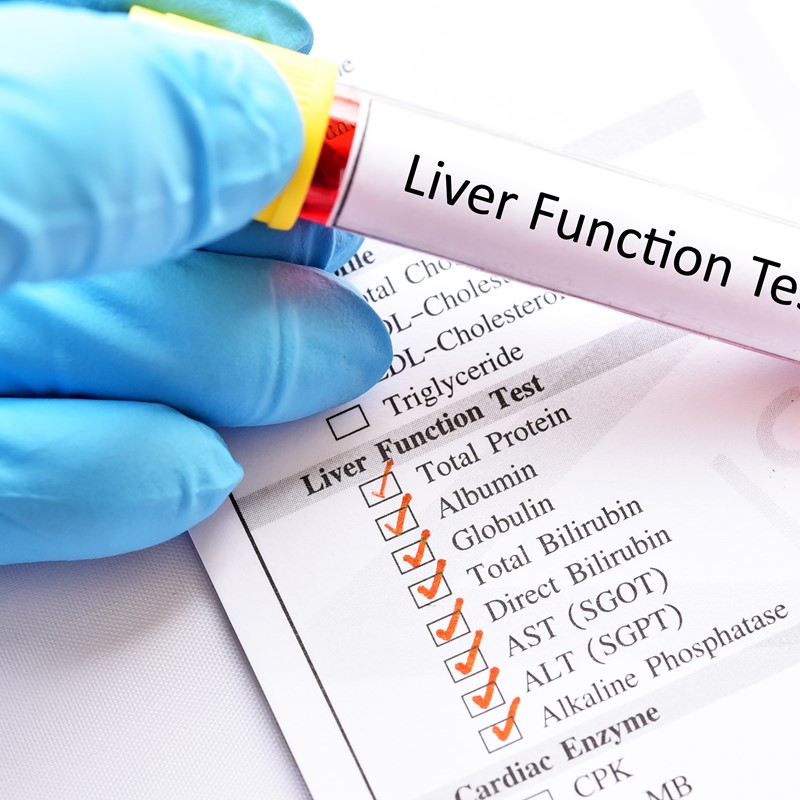Why study Hepatocellular Carcinoma (HCC)?
Liver disease is increasingly common. Viral infections, alcohol excess and rising levels of obesity and type 2 diabetes are partly to blame. All of these increase the risk of developing primary liver cancer, also known as hepatocellular carcinoma (HCC). We believe that our immune system, which helps us fight infections and cancers, is suppressed in people with liver disease. This increases the chance of people affected by liver disease developing liver cancer. It also increases the likelihood of treatment for the cancer being resisted and the cancer returning afterwards.
How will we do this?
We want to record information about patients with liver disease and compare this to similar patients with primary liver cancer (HCC). As part of this project, we will run a clinical trial at selected hospitals with a specialist interest in this area of liver cancer. Patients who consent to take part in the study will donate blood samples, answer lots of questions about them and their health, and donate "left over" liver samples following standard-care procedures. Our team of academic experts will then study all of the data which will lead to a greater understanding of HCC, and will inform future research.
What do we hope to find?
If we could understand how to switch the immune system back on, we could improve responses to treatments for liver cancer. There is a new class of anti-cancer ‘immunotherapies’ which do just that. But early studies suggest that these only work for about 15-20% of people.
We want to work out why some people respond to treatments and some people don’t, so that we can convert ‘non-responders’ into responders.

HUNTER Partners
HUNTER is a collaboration of 11 Universities from the UK, Spain and Italy funded through a partnership between Cancer Research UK, Fondazione AIRC and Fundación Científica de la Asociacion Española Contra el Cáncer.

Deciphering the immunological landscape of HCC
Professor Llovet and his team at L'Institut d'Investigacions Biomèdiques August Pi i Sunyer (IDIBAPS) will take their initial discovery of the different existing HCC immune profiles to the next level using a multi-omics (genomics, transcriptomic, and immunomics) approach to analyse HCC tumours and matched non-tumour tissues.
They hope to identify distinct immune profiles of HCC tumours that correlate with the different responses of HCC patients to immunotherapies.

Preclinical model platform development in HCC
Dr Bird and the team at The Beatson West of Scotland Cancer Centre will lead on the creation of preclinical models that more accurately reflect the emerging subtypes of HCC based on molecular classification and associated immune profiles.
They will develop in-vivo models to enable the study of immune or combination therapies.

Breaking immunosuppressive networks in HCC
Professor Maini will lead on the integration of the different projects, to develop and validate state-of-the-art testing of novel mechanistic and therapeutic insights into the immunotherapy of HCC.
Utilising fresh HCC tissue samples collected in the clinical trial, and molecular targets shortlisted in other projects, will develop new insights into immunosuppressive networks in HCC, while testing the robustness and application of the pre-clinical models developed as part of HUNTER .
Discover more about what our HUNTER researchers are working on









